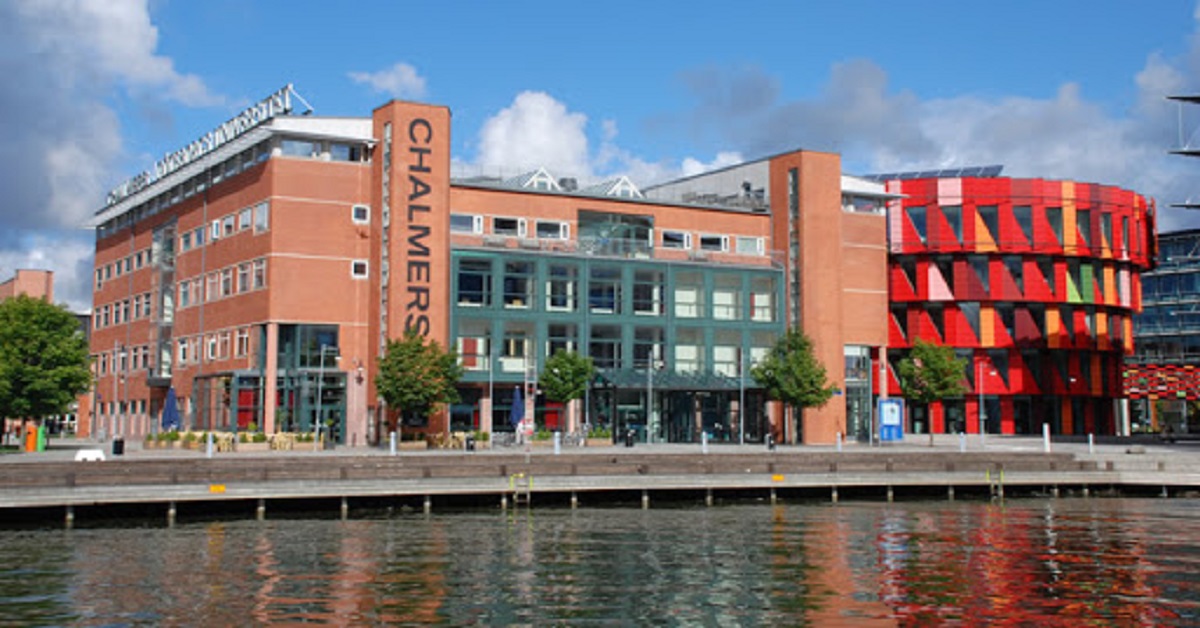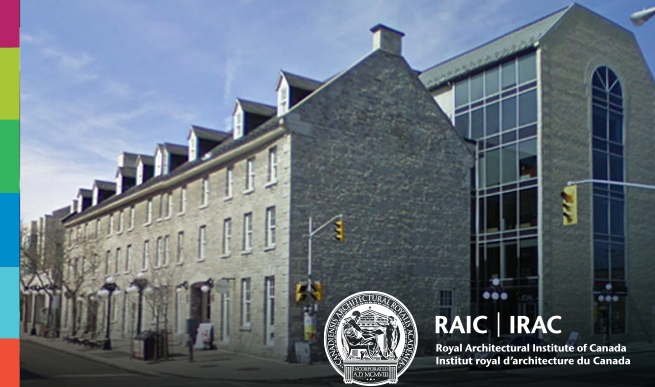
The structure of the electric power system is currently developing rapidly, and new knowledge is needed to guide the society to yield solutions which are robust, resilient, and sustainable. As a postdoc at the department of Electrical Engineering, you will be part of this challenging and exciting development.
Project description
A decrease in CO2 emissions is necessary to reduce the global warming. One component in this reduction is to reduce the use of fossil-based fuels in electricity generation and shift production towards renewable energy sources such as wind-power and solar-power. The shift to such sources comes with an additional challenge in the inherent variability of such energy sources as the level of possible production changes with meteorological factors beyond our control. A fundamental property for an electrical power system in a stationary operation is that the produced electric power must equal the electric power consumed in the loads. Uncontrollable variations in either load or production must hence be balanced by changes in other parts of the system. This project aims to study how this balancing can be accomplished from two perspectives. In the first perspective, we study how energy storage systems can be placed and dimensioned to obtain optimal reduction in variability. In the second, we study how the energy market mechanisms influence the loads to participate in balancing the variability of the renewable sources. The project is conducted within the competence centre “Swedish Electricity Storage and Balancing Centre” (SESBC) funded by Swedish Energy Agency and Swedish industry.
The postdoc position is placed in the Signal Processing Group. The research project will be performed in collaboration with researchers from the division of Electrical Power Engineering and Communications Systems group, which are all parts of the department of Electrical Engineering.
The Signal Processing Group conducts research on a broad range of topics related to the physics-based processing of sensor signals, the fusion of data from multiple sources, system identification as well as the automatic learning from big data. The research focuses on both the fundamentals of physics modelling of signals and the fundamentals of signal processing, as well as the applications of the methods to relevant problems. Several research topics are undertaken in collaboration with the industry and government organisations.
Major responsibilities
Your major responsibility is to pursue your own independent research in line with the project, publish, and present scientific articles, and take part in discussions. As part of your postdoc activities, you will also be expected to participate in teaching activities in relevant subjects.
Qualifications
You should have a background in electrical/physics/mathematics engineering with good skills/grades in the core courses within these subjects. Knowledge of electric power systems, optimization and signal processing is meritorious. You should have obtained, or be close to obtain, a PhD degree in a field associated with engineering physics, electrical engineering, mathematics or related areas. To qualify for this position, your PhD degree must not be older than three years at the date of the application deadline, where exceptions can be made for longer periods resulting from documented parental leave, sick leave or military service. You are also expected to have a strong publication record in top-tier journals and leading international conferences. In addition, you should possess excellent cooperation and social abilities.
The ideal candidate for this position should be hungry for new knowledge, interested in performing theoretical – but highly relevant – research, and be interested to be a part of a diverse international environment. Proficiency in written and spoken English is required.
Contract terms
This postdoc position is a full-time temporary employment for twoyears.
We offerChalmers offers a cultivating and inspiring working environment in the coastal city of Gothenburg.
Read more about working at Chalmers and our benefits for employees.
Chalmers aims to actively improve our gender balance. We work broadly with equality projects, for example the GENIE Initiative on gender equality for excellence. Equality and diversity are substantial foundations in all activities at Chalmers.
Application procedure
The application should be marked with Ref 20230699 and written in English. The application should be sent electronically and be attached as PDF-files, as below. Maximum size for each file is 40 MB. Please note that the system does not support Zip files.
CV: (Please name the document as: CV, Surname, Ref. number) including:
• CV, include complete list of publications
• Previous teaching and pedagogical experiences
• Two references that we can contact.
Personal letter: (Please name the document as: Personal letter, Family name, Ref. number)
1-3 pages where you:• Introduce yourself• Describe your previous research fields and main research results• Describe your future goals and future research focus
Other documents:
• Attested copies of completed education, grades and other certificates.
Use the button at the foot of the page to reach the application form.
Application deadline: 12 January, 2024
For questions, please contact:
Prof. Thomas Rylander, division of Signal processing and Biomedical engineering,
rylander@chalmers.se, +46-31-7721735
Prof. Tomas McKelvey, division of Signal processing and Biomedical engineering,
tomas.mckelvey@chalmers.se, +46-31-7728061
*** Chalmers declines to consider all offers of further announcement publishing or other types of support for the recruiting process in connection with this position. ***
Chalmers University of Technology conducts research and education in engineering sciences, architecture, technology-related mathematical sciences, natural and nautical sciences, working in close collaboration with industry and society. The strategy for scientific excellence focuses on our six Areas of Advance; Energy, Health Engineering, Information and Communication Technology, Materials Science, Production and Transport. The aim is to make an active contribution to a sustainable future using the basic sciences as a foundation and innovation and entrepreneurship as the central driving forces. Chalmers has around 11,000 students and 3,000 employees. New knowledge and improved technology have characterised Chalmers since its foundation in 1829, completely in accordance with the will of William Chalmers and his motto: Avancez!
![Postdoctoral and Research Opportunities at McGill University [CA]](https://scholaridea.com/wp-content/uploads/2020/06/mcgill-university-30-may-2019-768x402.jpg)

